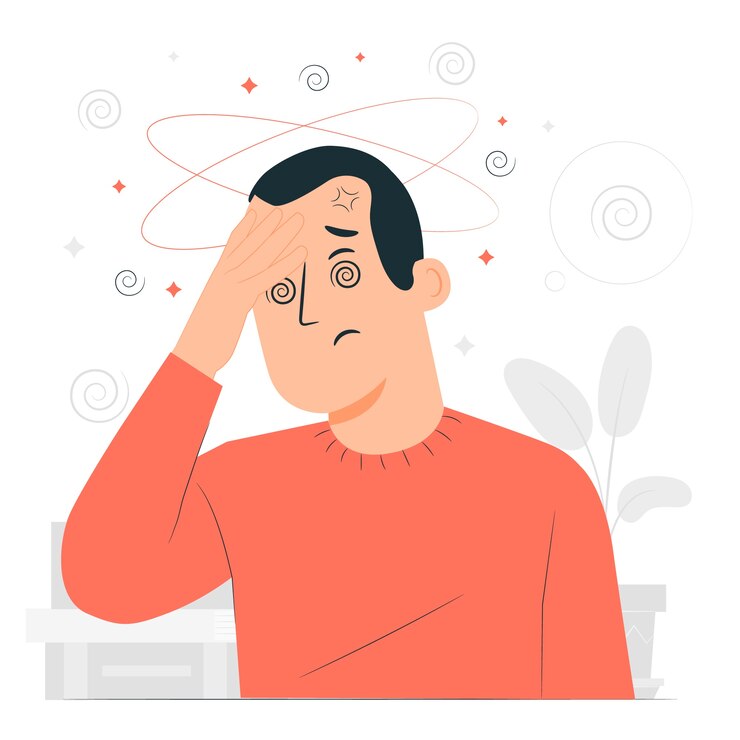Table of contents
Depression is more than just feeling sad—it’s a complex mental health condition that can affect how you think, feel, and function on a daily basis. As the search for effective treatments continues, more people are turning to natural remedies to support their emotional well-being. One such option gaining attention is CBD for depression.
CBD, or cannabidiol, is a non-intoxicating compound found in the hemp plant. Unlike THC, it won’t get you high—but it does offer a host of potential benefits, especially in the area of mental health. In this article, we’ll explore how CBD for depression might work, what the research says, and how people are incorporating it into their wellness routines.
Understanding Depression and Its Impact

Depression affects millions globally and can be triggered by various factors including trauma, genetics, hormonal imbalances, or chronic stress. Symptoms may include:
- Persistent sadness or hopelessness
- Fatigue or lack of energy
- Changes in sleep or appetite
- Loss of interest in activities
- Difficulty concentrating
While antidepressants and therapy remain the standard treatments, many individuals seek complementary solutions due to side effects or lack of response. That’s where CBD enters the picture.
How CBD May Help with Depression Symptoms

1. CBD and Serotonin Receptors
CBD is believed to influence serotonin levels in the brain. Serotonin is a neurotransmitter often linked to mood regulation. While CBD doesn’t increase serotonin directly, it can affect how your brain responds to it, much like some antidepressants.
2. Anti-Anxiety Effects
Anxiety often coexists with depression. CBD’s anxiolytic properties can help calm the nervous system, reduce excessive worry, and improve emotional stability—important factors in managing depressive symptoms.
3. Neuroprotective Benefits
CBD has been shown to support brain health by promoting neurogenesis (the growth of new brain cells) in key areas like the hippocampus, which is often smaller in individuals with depression.
4. Improved Sleep Patterns
Better sleep often means better mental health. CBD has relaxing properties that may help regulate sleep cycles and reduce insomnia—common in people with depression.
5. Natural Mood Enhancement
CBD may help stabilize mood by supporting the endocannabinoid system, which plays a key role in emotional regulation, stress response, and overall balance.
Best Ways to Use CBD for Depression
- CBD Oil Tinctures: Fast-acting and easy to adjust dosage
- CBD Capsules: Convenient and great for consistent dosing
- Edibles: Discreet and long-lasting effects
- Vaping: Quick relief, though not ideal for everyone
- Topicals: While mostly for physical pain, some find them soothing
Tip: Always start with a low dose and slowly increase until you find what works best for you. Consider speaking with a healthcare provider before starting any new supplement, especially if you’re already on medication.
Real-World Experiences
Many users report that using CBD for depression has helped them feel more emotionally balanced, less anxious, and more in control of their day-to-day mental state. While individual results vary, anecdotal evidence continues to fuel interest in its potential benefits.
5 Frequently Asked Questions (FAQ)
CBD should not be used as a replacement without medical supervision. It may be used alongside medication, but always consult your doctor first.
No, CBD is non-addictive and does not produce a high. It’s generally well-tolerated with minimal side effects.
Some people feel benefits within days, while for others it may take a few weeks of consistent use. Patience and proper dosing are key.
Possible side effects include dry mouth, drowsiness, and changes in appetite. Most people experience few to no side effects when starting with a low dose.
Full-spectrum CBD may provide the most benefit due to the entourage effect, but broad-spectrum and CBD isolate can also be effective depending on your needs.
Final Thoughts
While CBD for depression is not a cure, it may offer a promising natural support for those struggling with emotional imbalances. With a growing body of research and countless personal testimonials, CBD continues to carve out its space as a potential ally in the journey toward better mental health.
If you’re considering trying CBD, start slow, track your progress, and don’t hesitate to loop in a mental health professional to help guide your experience.





